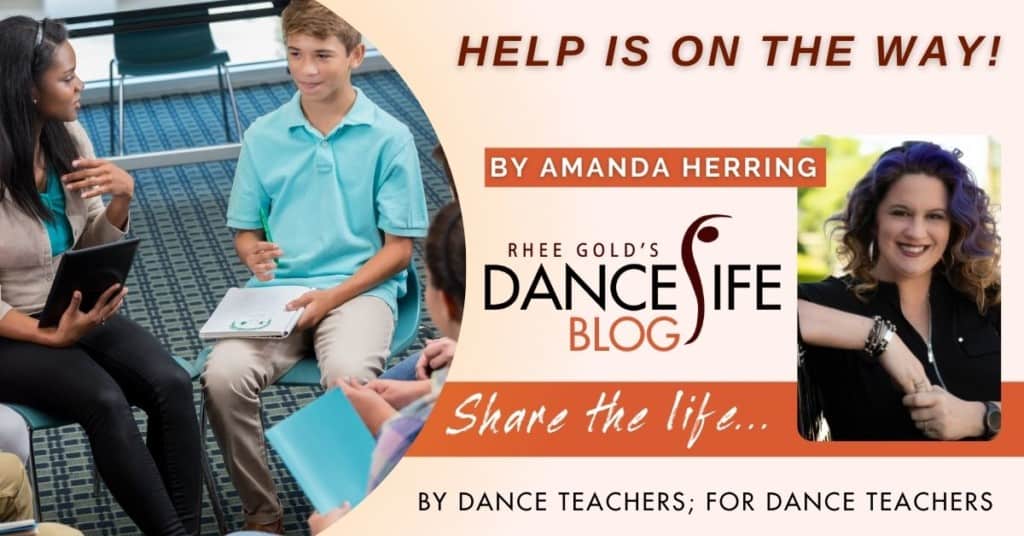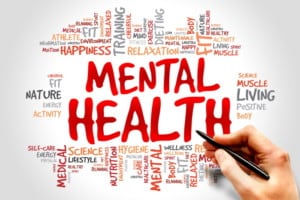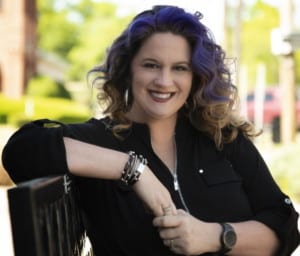Help is On the Way

I want to help my teens.
Our teens are in crisis. The American Academy of Pediatrics, the Children’s Hospital Association, and the American Academy of Child and Adolescent Psychology, which embody more than 77,000 doctors and over 200 children’s hospitals, recently asserted that the rapid and extraordinary deterioration in juvenile mental health should be recognized as a national emergency. The group cites that the decline in mental health “is inextricably tied to the stress brought on by COVID-19” and “represents an acceleration of trends observed prior to 2020”.
Crisis. Emergency. Those are big, loaded, dramatic words…yet this is the reality for our children. Can I help? What is my role? Are there steps I can take? How will I make a difference? Will they be receptive? Is it even my place?
I have spent the last month or so searching for the answers to these questions. I started poking around in the obvious place, my teen students. I have worked to foster an environment of trust, openness, and safety, so I knew my dancers would be attentive and comfortable with sharing. (Thankfully!) We spent an entire dance class talking about what they are feeling, thinking, and experiencing daily. They shared their sources of stress, how they feel pressured, and what often triggers anxiety.Here’s what I learned.
They do not want to be asked “What’s wrong?” or “Are you ok?”. I don’t know about you, but I’m guilty. I mean…if we never ask, how can we know? Nonetheless, they said they hated that the most. These kids pointed to a desire to be supported and seemed to appreciate when a parent, teacher, or other adult makes an effort to understand, just like I was doing that night. They explained that when they are asked “What’s wrong?” directly, they feel obligated to provide a clear, coherent answer (which they do not have) and expect that they will then be asked to explain (which they can’t do). They just don’t have the answers to those direct questions and have trouble articulating their thoughts.
They do not want to be told that “this will pass”. None of them found value in hearing that “this is a season” or “hang in there” or “just try to make it through high school”. This is their present. It is their whole life. It is their now. They watch their college friends struggle, their father lose his job, or their grandmother die. They do not have the capacity to see into the future right now, nor do they imagine it looks wonderfully bright given their current set of circumstances.
They feel the need to be perfect. I heard lots of talk about getting everything right, making and keeping stellar grades, not letting anybody down, and being the best. I have absolutely no answers for how our teens arrived at those conclusions, but my guess is that somehow we, as a society, are putting undue pressure on them to perform, social media multiplies this pressure exponentially, and the weight of it all is heavy.
Nobody is really helping. My teens expressed difficulty talking to their own parents about mental health concerns and alluded to the idea that parents do not often “believe them” and fail to realize the severity of the anxiety, burdensome emotions, or excessive expectations under which they felt buried. They mentioned that speaking to a counselor at school was not always an option either in that they would be stigmatized by other kids who found out or that their privacy would be compromised at school. I heard that when they have reached out to parents, kids never felt heard or that their folks did not really know what to do.
Here’s my immediate plan.
I have vowed to be a light. My studio will be the brightest, cleanest, pleasant smellingest, calmest, warmest place of love and light that I can possibly create. I, and my team, will be as authentic, gentle, and encouraging as we can be. We are re-examining our teaching methods, delivery of feedback and corrections, and class structure to ensure we are offering the most respectful, personally-crafted, motivating program possible.
I am learning to meet my teens where they are. I have a 13-year-old dancer who often enters the studio visibly shaking. I have another who struggles with being underweight and is often tearful about her body image and even how it feels when she rolls on the floor. My own teen daughter, in the same dance class as the other two, tics physically and vocally on the dance floor as part of her Tourette’s Syndrome. I acknowledge that every, single one of my teens are going through something, every week will look different, and I must meet them where they are that day. My expectations must be realistic, and my response must be reasonable and appropriate.
I contacted mental health professionals for help and resources. I made contact with a licensed social worker and a couple of other local professionals who all have experience dealing with mental health, addiction, and adolescent therapy. It is my goal to set up a plan for identifying mental health concerns and training my staff on how to handle students who display mental health issues. I want to create printed, go-to job aids for my staff and written materials for my teens and families, as well as provide a path to a counseling resource for my students (and families) who wish to seek help but are not sure when or where to start.
I put up two locked boxes. I purchased two “suggestion” boxes. One is black, one is red, and both will remain locked. The boxes are hanging on the wall, side by side, with pen and forms at the ready. Dancers will be encouraged to scribble out their thoughts and feelings, then drop them in the box they choose. I will read all entries in the black box as it is the “sharing” box for when a student wants to be heard. All entries submitted to the red box will be go unread and be destroyed as it is the “get it out” box for when a dancer just needs to vent on paper freely and securely. I have designed a form and a protocol for each box.
I am adding an “Inspiration Station”. Near our front desk, students and families will find a bowl of affirmations, quotes, verses, and motivational calls to action designed to lift their spirits, remind them of their value, and encourage them to be their own light in the community. I super enjoy collecting inspirational tidbits myself, so I am excited about getting these typed up and cut out for the bowl.
Here’s what’s next.
I have a lot to learn. I want to work to be an substantive resource for my students as well as provide a safe place for them. I have to take care of myself. As an empath, I tend to carry the weight of others’ emotions, so self-care will be key. I will need to ask for help. My knowledge of mental health is limited, and I am not a professional, so I know I will need to rely on those who specialize in this field. I want to share what I learn. Our industry has a tremendous opportunity to be a positive influence and valuable resource to young people and families.
I just know I want to help my teens. It feels good to have a plan for getting started.
Amanda Herring LOVES her job! Owner of Center Stage Dance in Hernando, MS, she is passionate about sharing the love of dance while inspiring and encouraging everyone who walks through her door. She loves BIG and has a heart for new dancers joining a class for the first time. She takes pride in offering stellar service to dance families and specializes in efficiency, organization, fair policies, and strong communication. Her shows are HUGE with plenty of lights, effects, and stagecraft. Amanda wants her students to feel like they are a part of something big, and it is always her goal to bring more to class and to the stage than her audience is expecting.









